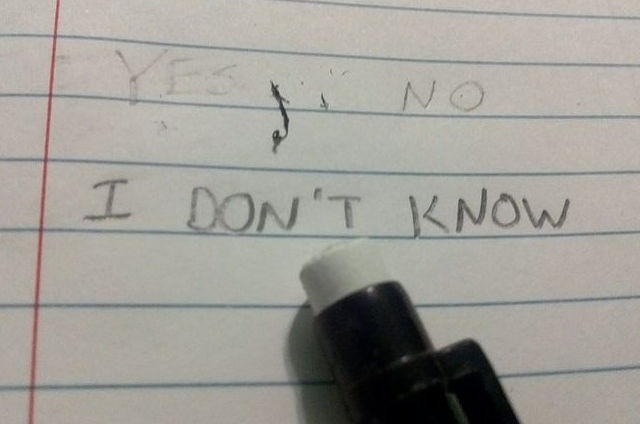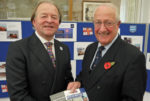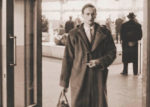Jonathan Dodd’s latest column. Guest opinion articles do not necessarily reflect the views of the publication. Ed
I often think I’m going to run out of things to say. I’ve sometimes wondered, since I started writing this column, whether I was going to empty myself out. My brain, after all, has to be finite. It can only hold so much information, and surely those reliable old synapses can only find so many combinations of things to short out on to produce new thoughts or combination of thoughts, before they give up.
I actually think this for a period of time every single week, as I’ve often said, faced with the blank screen and even blanker brain, and the Invisible Clock of Fear, that ticks, I swear, louder and faster, the closer my deadline comes. My gracious editor, Sally, often speaks comforting words to me via email, to say that I don’t have to do this, and she doesn’t know where it keeps coming from, and I know all that, but for reasons that often elude me, I just keep going.
The Building of Goodness and Dedication
I imagine if I was a doctor and I had a mission, and I found myself in a makeshift hospital under fire in some world hotspot hellhole, I would be burning with the urgency to heal as many poor suffering humans as I could, with no resources or drugs or power, while bombs and shells rain down all around me. I can’t imagine that, and I’m filled with awe for those individuals who do that extraordinary job.

Nothing I ever do or have done could measure up to that, and I would never put myself even in the same building of goodness or dedication as any of those amazing individuals. I don’t have any qualifications or talents that would justify sending myself to any of those places, because what you need is people who can make a difference, and I think I would just get in the way.
What’s important in life is what you do
Every day on the news I see and hear about people who are dedicated to the saving and preserving of life, often in the same sentence as those who want to spill as much blood and spread as much terror and suffering as possible, and my mind reels from the contrasting themes. I can see why some people might despair. But I’ve always understood that it’s important not just to nod your head and take no notice, it’s necessary to stand up for what’s right, and try to nudge the careering ball of our civilisation into a good lane, rather than let it run away into the gutter.
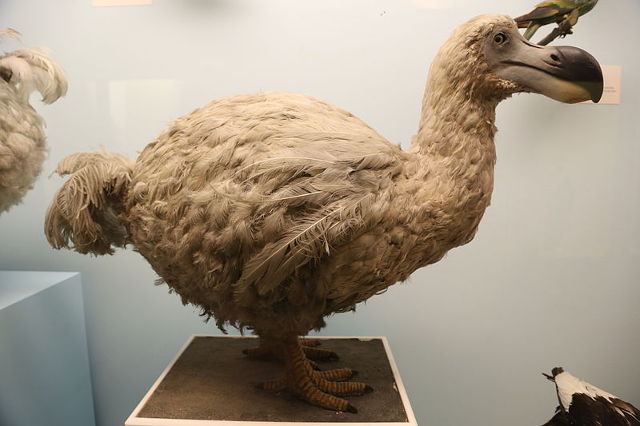
I’ve learned that what’s important in life is what you do, not why you do it or what recognition you get for it. And what you don’t do is as important as what you do do. Speaking of which, we remember the Dodo for what was done to it, but we should also remember that it allowed its own extinction to happen by doing nothing to avoid it. Most crimes have at least three parties involved – the perpetrator, the victim, and those who know what’s happening, but look away. Civilisations are built by people who spend their energy building and producing things, and they’re brought down by generations of people who just take it all for granted and do nothing to keep it alive.
It’s all so confusing and overpowering and there’s nothing we can do about it
I am a fan of the idea that civilisations rise, like populations, to a peak, which seems to sustain itself, but their fall is usually precipitous. We don’t have the excuse, as previous generations did, that we don’t know about problems or crises that happen in the world. We have a new excuse, of course, which is that it’s all so confusing and overpowering and there’s nothing we can do about it. The trouble with this is that problems and crises don’t care about our excuses, they just get on with their own lifecycle.
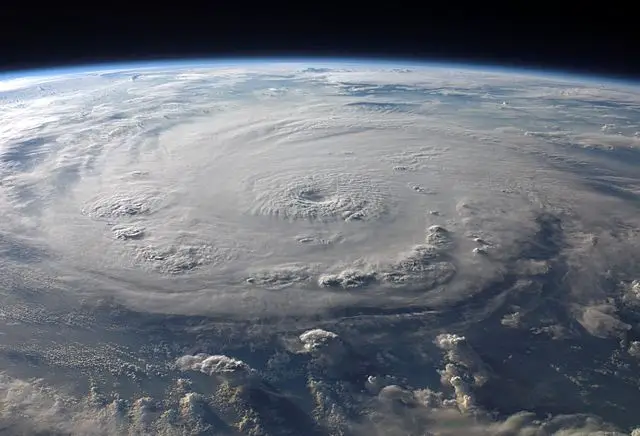
We’ve got used to the idea that our ingenuity and intelligence will save the day, and find ways to prevent the consequences of ignoring the warning signs, and heroic engineers and scientists labour frantically to do just that. Perhaps our technology will find ways to keep ahead of the bad stuff, perhaps we’ve been lucky so far. Perhaps everyone is just crying wolf and there isn’t any problem out there anyway. That’s another great excuse.
Our future might be elsewhere
I actually don’t know what comes next. I have no idea whether melting the icecaps, or guzzling antibiotics, or filling the oceans with plastic, or developing more dangerous weaponry, or removing all the forests, or becoming dangerously obese, or any of the other possibilities, will do for us, individually or collectively. I’m coming to the conclusion that our future might be elsewhere though.
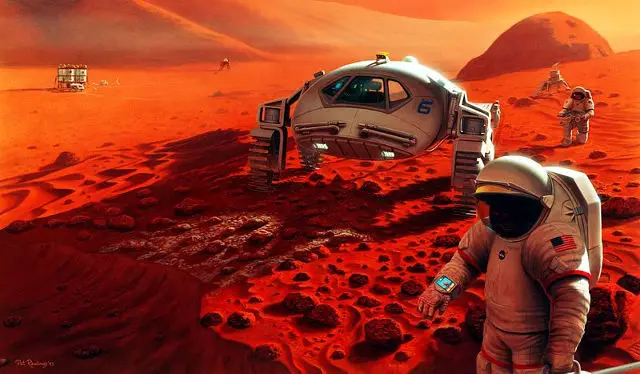
I just finished listening to the Hitch Hiker’s Guide to the Galaxy again, in its original format as two radio series. There’s an idea in there of a huge spaceship, filled with one-third of the entire population of a planet, all sleeping soundly in cryogenic pods, moving silently through Space. The story is that it’s the B Ark, and there are supposed to be two other arks, A and C, which are supposed to follow afterwards.
The middlemen, so to speak
The A Ark is supposed to be filled with the clever people, who invent and create and run things. The C Ark is supposed to be filled with all those practical people who build and maintain things. The B Ark is filled with everyone else, characterised in the story as ‘tired TV producers’, ‘public relations executives’, and  ‘telephone sanitisers’, among others. The middlemen, so to speak. They believe that their home planet was about to be destroyed, and they haven’t heard from home or from either of the other arks for a very long time.
‘telephone sanitisers’, among others. The middlemen, so to speak. They believe that their home planet was about to be destroyed, and they haven’t heard from home or from either of the other arks for a very long time.
I’m not going to say what happens in the story. If you’re not familiar, reading the books or listening to the radio series is a wonderful experience, as is watching the BBC TV series, although the film that was made later was a great disappointment. I often think about the idea of the three arks though. I picture our planet as being filled with three groups of humans. There are those who are working their socks off, inventing things and creating things, and running things, and achieving things. They might not agree with each other, and the things they are making or running might not be equally valid or important, but they’re all important and energetic, whether they be big businessmen, or those doctors labouring away in war zones.
A sort of Venn diagram of humanity
My second group would be those who don’t contribute to the greater good, and who work to satisfy their baser urges, without caring for others. These are an equally diverse group, ranging from petty thieves and racists, to dictators and megalomaniacs who will stop at nothing to build up their empires and protect themselves from who knows what terrors they fear, deep down in their murky little hearts. I would also include here the colluders, who know of bad people doing bad things, and either turn their faces, or benefit from keeping silent. This is where you’ll find famous people committing vile acts and covering them up, and those who ignore safety rules and laws in order to profit, without caring for damage they might do to others.
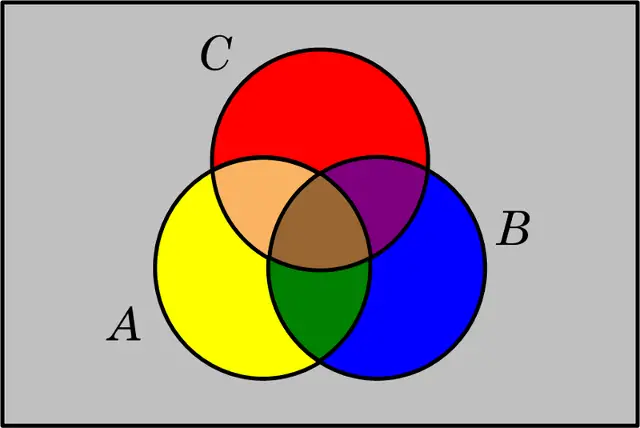
My third group consists of all those who aren’t aware of any of this, whose lives have simple boundaries, who live for each day and their own comfort, and who don’t consider themselves responsible for their own actions or those of their countries or governments. I’m not criticising anyone here, I’m merely describing a sort of Venn diagram of humanity. We need consumers, otherwise we wouldn’t have the money to keep inventing mobile phones that are more and more clever. We need people to work and shop and watch and wear the things we need to keep making. Much of our civilisation and our prosperity is based on this.
More people would find something to believe in, and to support
We’re currently suffering from a major disconnect, because the third group are supposed to vote consistently for one side or other, and we’re not producing leaders who can make the messages clear and different enough. Our various governments aren’t sending out signals that are clear any more, and the voters either aren’t bothering or they’re behaving erratically. Up to a point, diversity is good. We seem to like having much less homogeneous fashion, and many more TV channels, and being able to buy anything we like.
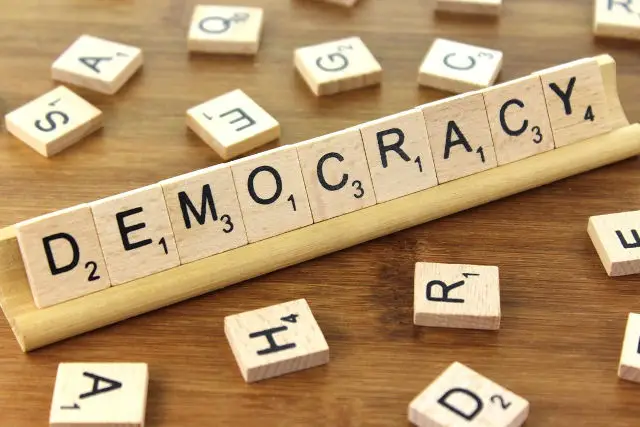
This works in terms of consumerism, but it doesn’t work for democracies, especially when the democracy was invented for a different time and a different society. Most people think we should try to haul everything back to make it more simple. I think we need to make our political system more like a mirror of the society we live in. If there were a lot of political parties, then everyone might actually find some politicians who represent them, rather than having a couple of parties who can’t agree on what they’re standing for. More people would find something to believe in, and to support.
They don’t see the point
I know some people who don’t vote any more, because they don’t see the point. Because all those politicians just talk rubbish so much of the time, or they lie, even when everyone knows they don’t believe a word of what they’re saying. And there are even politicians who never answer any question that’s put to them, and still expect the voters to trust  them. It doesn’t work, and the result is that the number of people who feel disconnected with society becomes larger, and the problems grow greater.
them. It doesn’t work, and the result is that the number of people who feel disconnected with society becomes larger, and the problems grow greater.
Perhaps I write because I don’t want to be in that group. Perhaps I write because I want to make things better, and I don’t know how I can do that. Perhaps I’m doing a bit of good. I don’t know. But I do care, and I’m going to keep on banging on about it. Perhaps I just don’t want to be in the B Ark.
If you have been, thank you for reading this.
Image: SidewaysSarah under CC BY 2.0
Image: Freedom House under CC BY 2.0
Image: John Cummings under CC BY 2.0
Image: public domain
Image: NASA/Pat Rawlings under CC BY 2.0
Image: joncallas under CC BY 2.0
Image: Mariano Deheza under CC BY 2.0
Image: Nick Youngson under CC BY 3.0
Image: Public Domain

